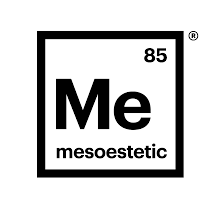Government Update: Crackdown on unsafe cosmetic procedures to protect the public
This month’s government announcement underpins a new reality that the cosmetic treatments industry is going to change for the better. On the 6th August 2025, the UK government said it would crack down on unregulated operators in the cosmetic industry. This will mark a significant shift for those considering entering the industry to the importance of quality and verified training in aesthetics.
Popular treatments (such as Botox, lip fillers, and dermal fillers) will come under local authority licensing. This means practitioners will need to meet rigorous standards for safety, training and insurance.
Anyone who is caught breaching these new rules could face CQC penalties, fines and legal action!
There have been approximately 750 women who have suffered from botched procedures since 2023 that often involve infections, necrosis and sepsis. Most of them require some sort of NHS care. There have also been over 38 botulism cases across England (summer 2025) tied to unlicensed Botox-like injections, prompting urgent public health warnings.
If we adopt a safety-first approach to all aesthetic training and treatments, we will see a shake-out of unregulated providers operating in non-clinic approved environments.
If you are a delegate or considering aesthetics training or cosmetic training, ensure your training provider has CQC and JCCP recognised certification and the appropriate insurance. Do check the training provider’s credentials, ensure their trainers are qualified, the company is long-established, and they keep up to date with current changes in legislation.
The UK’s new reforms will raise the standard for patient safety and practitioner professionalism. If you are considering a move or career in cosmetics, train smart. At Cosmetic Courses, we’re helping you prepare and upskill you to be a gold-standard practitioner in a safer and regulated future.
You can view the Government Update: Crackdown on unsafe cosmetic procedures to protect the public by clicking here: View press release.
If you have any concerns or would like advice on safe cosmetic treatments and cosmetic training, please feel free to get in touch with our expert team at Cosmetic Courses on 01844 390110 or click here to speak with us on WhatsApp.





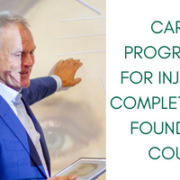

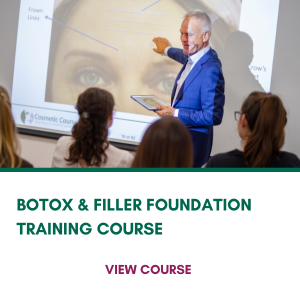
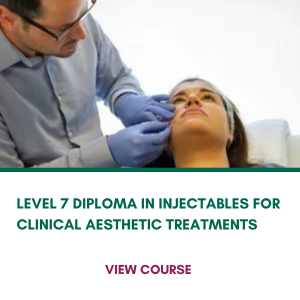

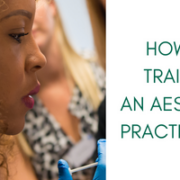
 webinar a career in medical aesthetics (Email Header)
webinar a career in medical aesthetics (Email Header)









